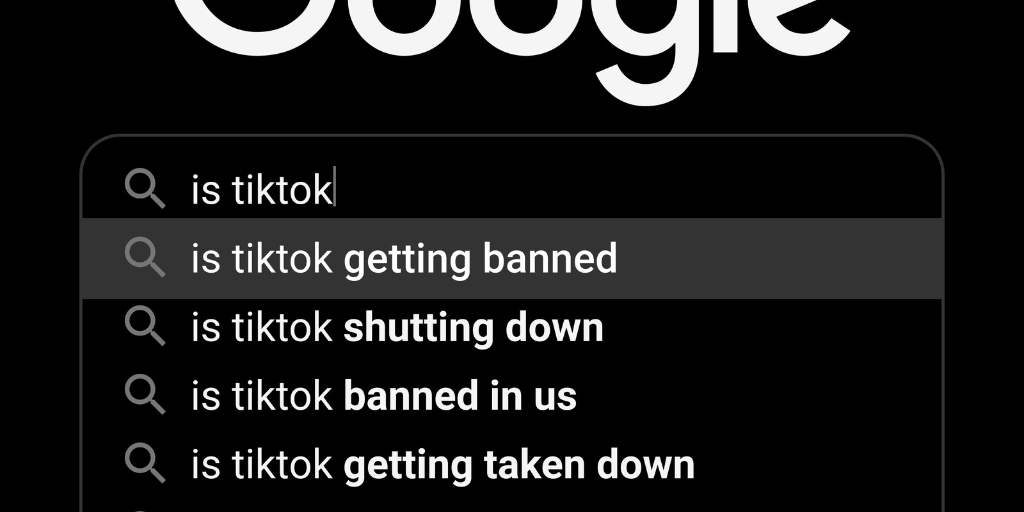TikTok Ban: What It Means and Why a VPN Might Not Be Enough

By Heather Walters
As the possibility of a TikTok ban in the United States grows more likely, millions of users are scrambling to understand what that means for their access to the platform.
At OpenVPN, we understand that this situation has sparked renewed interest in VPNs as a potential solution, and we want to provide clarity and guidance. While a VPN can be a powerful tool for enhancing privacy and accessing restricted content, navigating a TikTok ban involves complexities beyond simply using a VPN. Here’s a breakdown of the situation, and why using a VPN might not be the simple solution it seems.
What Happens If TikTok Is Banned?
If the ban goes into effect, it’s important to note that individual users won’t be breaking the law by using TikTok. However, U.S.-based companies, including app stores like the Apple App store or Google Play, will be prohibited from supporting TikTok. This means, first of all, that TikTok will likely disappear from app stores immediately. It’s expected to vanish from app stores in the U.S. as soon as the ban takes effect. If you don’t already have the app installed, you won’t be able to download it. Additionally, the lack of availability in app stores means that updates and fixes won’t be accessible, rendering the app increasingly buggy and, eventually, non-functional over time. Eventually, U.S.-based users will indeed lose access to the TikTok app.
Will A VPN Allow Users To Continue Accessing TikTok?
While a VPN does allow users to mask their location, there are other challenges users will face in maintaining access to TikTok that a VPN alone won’t be able to circumvent.
1. Challenge #1: You Will Need an App Store Account Set in Another Country
To download TikTok updates after a ban, you’d need an app store account tied to a country where TikTok remains available. For some devices, this is a relatively straightforward process. However, for others—particularly iPhones, though not exclusively—it’s much more challenging due to the sophisticated localization tools employed by these companies. What’s more, this goes against the terms of service for both the iOS app store and the Google Play stores, so you risk losing your account altogether if you try it.
2. Challenge #2: Cell Phone Localization Tools
Most cell phones have robust localization tools that can detect your true location, even if you’ve turned off location services. These tools ensure compliance with U.S. laws, giving phone companies a strong ability to prevent U.S.-based users from bypassing restrictions. What’s more, these companies could face substantial fines if they allow users to circumvent the ban, which means enforcement is likely to be strict — they probably will use those tools to make sure you don’t access TikTok if you’re in the U.S. Similarly, TikTok itself might be legally required to block users with a U.S. IP address as well.
3. Challenge #3: Desktop vs. Mobile
On desktops, where the operating system and app store are less intertwined, using a VPN to access TikTok could be a viable solution. However, as many users of the app already note, the desktop version is much more limited than that of the app and is missing many key features, particularly when it comes to content creation. This adds another layer of difficulty for users trying to access the platform in the way they’re used to — the desktop app simply doesn’t cut it.
Solutions for the Technically Savvy
For those with advanced technical skills, workarounds might exist. For instance, using a custom operating system like GrapheneOS on Android in combination with a VPN might bypass restrictions. However, these solutions are complex, highly technical, and not practical for the average user. What’s more, a lot is unknown and will depend on how exactly this ban is enforced — so while it might be worth a try, even with these workarounds complications may arise.
What’s Next?
If the ban goes into effect, the app’s ecosystem in the U.S. will face significant disruption. While individual users might find temporary solutions, the long-term viability of TikTok as a platform in the U.S. is uncertain. Many are looking for alternatives, like RedNote or Loops — although considering RedNote is owned by a Chinese company, it’s highly possible that it will also soon face a ban in the U.S.
In short, while a VPN might provide temporary access, the combination of app store restrictions, localization tools, and legal enforcement makes this a highly unreliable solution for most users. For those concerned about their digital freedom, it’s worth considering the broader implications of this ban and how it could shape the future of internet access and content regulation.
Heather is a writer for OpenVPN.

.png)